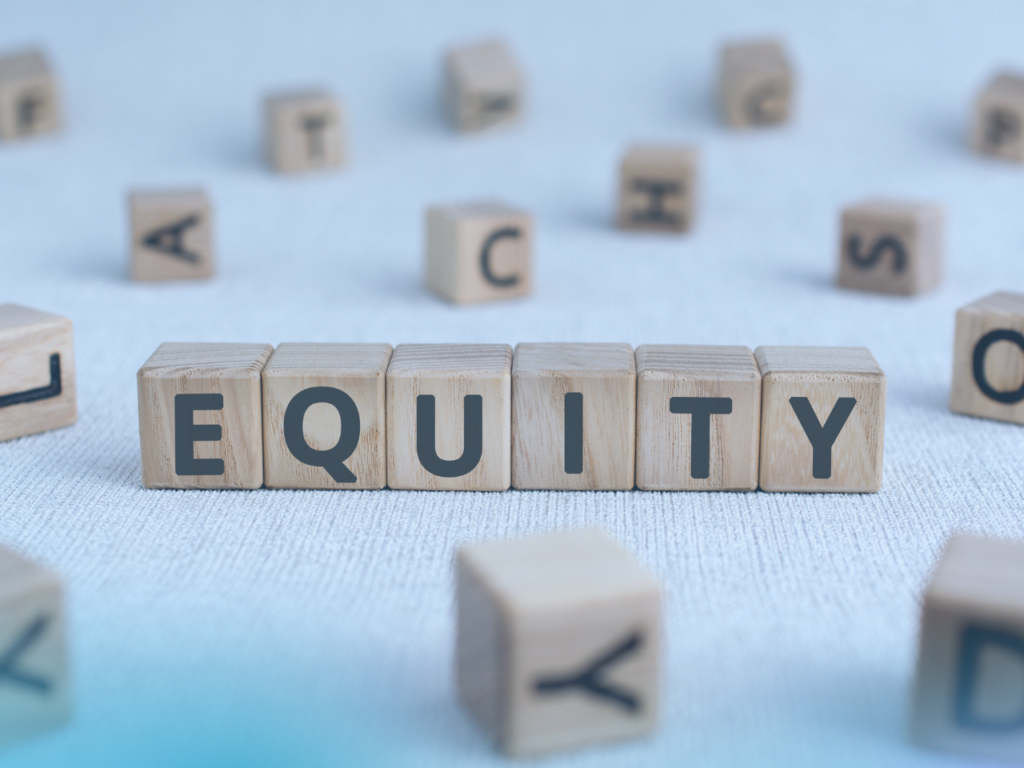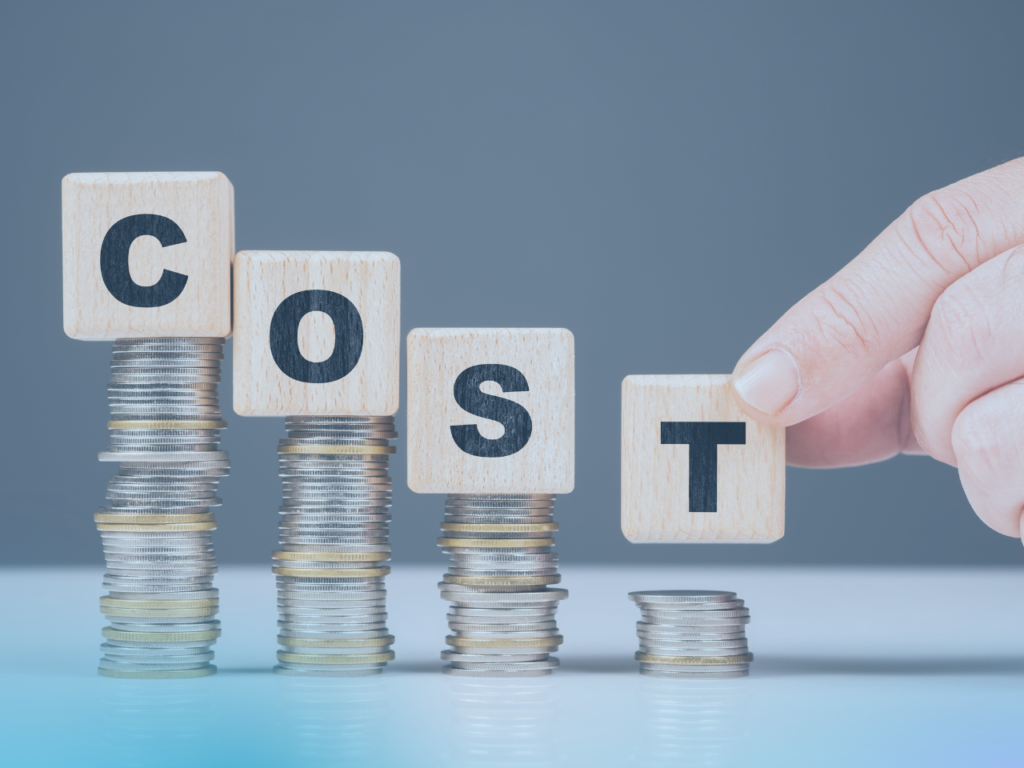The fragrance of new paint, the buzz of selecting furniture, the joy of at last having a place which is yours – buying a home is a huge life event. It is a milestone that we celebrate with housewarming parties and which we see as a step towards a secure future. Within this large step is also the mortgage. While the mortgage is usually thought of as just a monthly outgoing issue, it is a very important financial tool that either will support your long-term plans or will get in your way.
That’s the reason why it is very important to look at the mortgage issue beyond the basic issues of interest rates and principal amounts. Your mortgage has a great and mostly ignored impact on your total financial future, which goes well beyond the initial numbers. The choices you make as you go through the home buying process regarding your mortgage will play out in your savings, investment, and in achieving your greatest financial goals for years to come.
The Opportunity Cost
We look at what isin many cases) A very ignored element of your mortgage: the opportunity cost. By that, we mean what you give up by choosing one option over another. In the case of your mortgage, the large monthly payment you make is out of which could go into other wealth-building options. A bigger mortgage payment, which may secure your home at the same time, is reducing the money you have available each month for investment, retirement savings, or maybe putting that money toward other financial goals like starting a business or paying for your kids’ education.
Try to consider this scenario: imagine two individuals with similar incomes. One is paying out $1500 per month in mortgage, the other is putting out $2500. The second person is therefore free to use an extra $1000 a month that they are using to pay off the mortgage. This will no doubt bring about a bit of accelerated equity in the home, but in the meantime, that same $1000, if saved and invested over a long period, could grow into a great fortune.
- Example: Over 20+ years, putting in $1000 per month into an investment which on average returns 7% yearly, could see that money grow to over $500,000. This also brings out the issue of large mortgage payments, which are a form of cost, as that money is going toward the home instead of being put into other investments, which may grow your wealth.
Building Equity as a Long-Term Asset

At present, we will look at what is a great benefit of owning a home, which you finance with a mortgage: the process of equity accumulation. With each of your consistent mortgage payments you put in, a piece goes to pay down the principal of your loan. That principal pays down in turn grows your ownership in the property, your equity. Think of it as gradually over time, you are buying out more of your home. This added equity is a real asset, a type of long-term wealth built up, which in turn gives you financial security in the future.
This home equity you have built up may be used as a strategy at a later point in your life. For example, as you near retirement, you may decide to downsize into a smaller, more affordable home, which in turn puts that equity you have built up to use to fund your retirement or into other investment plays. In essence, your mortgage, when handled responsibly, becomes a great asset for creating a large financial base over the long term.
Learn more about How Tariffs Affect Mortgage Rates.
Interest Paid vs. Future Gains
As we focus on building equity, which is a primary benefit, it is also important to note the great cost associated with a mortgage – the interest paid out over the life of the loan. Based on your rate and term of the loan, the total interest you pay may equal or even outperform the principal amount. That is a large sum which could have gone towards investment, which in turn may have seen great long-term growth. It is very much a trade-off between the cost of borrowing to put toward your home and the possible returns you may get by putting those funds into other investments.
Also, it is to your advantage to look into options that will reduce what you put out in interest. What may seem like a small extra payment, if made regularly over time, can have a large impact.
- Making extra principal payments: This reduces your outstanding loan balance, which in turn causes less interest to accrue, which also may put you at a shorter term for your loan.
- Bi-weekly payments: By putting down half of your monthly payment every two weeks, you are making one extra whole payment, which is what we see as a full annual extra payment that speeds up your principal reduction.
- Consider shorter loan terms: Although your monthly payments may be higher, you’ll see that a 15-year mortgage, for example, pays out less total interest compared to a 30-year mortgage.
By paying attention to the interest element and proactively looking to put that down, you can best suit your mortgage to your larger picture financial goals.
Financial Flexibility and Future Planning
Your mortgage size and terms greatly affect your financial flexibility, which in turn plays out during life’s unpredictable times. We see unexpected things like job loss, illness, or family growth put great stress on your budget. A large mortgage payment will tie up a great deal of your monthly income, which in turn leaves less room for dealing with financial setbacks. A more manageable payment gives you more buffer and resilience during hard times. You may notice that the term of your loan also plays a role in your monthly commitments. A longer term, which in turn has lower payments, improves short-term affordability, but at the same time also stretches out your debt and increases total interest paid.
It is very important to see how your mortgage fits with your long-term financial goals. Are you going after retirement at an early date? Do you have your child’s higher education in mind? A large mortgage payment may tie up your budget, which may reduce what you put toward other financial goals.
- Consider your debt-to-income ratio: The lower the better, and usually the more financial flexibility you will have.
- Factor in potential future expenses: Think of major life events that may play out, which also play into what is affordable for your mortgage range.
- Evaluate different loan terms: Balance out between lower monthly payments, which come with a longer term, and less total interest, which comes with a shorter term, against your long-term financial plan.
By looking at what is to come in your financial picture and also how life may change, you can choose a mortgage that supports instead of hinders your large-scale financial goals.
FAQs
Is securing a mortgage an example of a long-term goal or a short-term goal?
Some examples of long-term financial goals are: Putting away for a home purchase. Preparing for retirement. Tackling large debt (like that of a car, credit cards, student loans, mortgage, etc.)
Is a mortgage long-term finance?
A mortgage is a type of long-term financing. It is a loan that is put towards the purchase of a property, which you then pay back over time in what we call installments, which are smaller payments that make up the whole of the large loan that you are repaying over a long time.
What will make the biggest impact on your financial future?
Of all the choices you make as they relate to your money, the best will be that of which you strike a good balance between growth and risk. It is very easy to do what some call asset allocation – this is about putting your money in very different kinds of assets.
What is a long-term goal, and give an example of a long-term goal?
Long-term goals are what you have set for yourself for the far distant future. They are not for today, not for next week, not even for next month, but rather for years out. In a 10-year plan that you have written out, which is full of what you want to achieve in the long term.
Conclusion
Your mortgage is not just a transaction of monthly payments in exchange for a roof over your head. It is a large financial commitment with wide wide-ranging impact on your long-term stability and your bigger financial dreams. In the process of buying your home, what you decide about the size of the loan, the terms will very much play out in how well you can save and invest and handle other financial issues that come up over the years.
Also note that the immediate appeal and initial numbers in the home buying process are only part of the picture. Take the time to think through how the mortgage you are looking at fits in with your big picture financial plans. Try out different mortgage options, get advice from financial professionals, and put your long-term financial health first. By making informed and strategic mortgage choices, you can assure that your road to homeownership is also a path toward greater total financial success and the best possible future.
In today’s economy, what we need is a road map that shows how financial decisions will play out in your long-term goals. At ProMort, we present tailored support and resources to determine the right fit for your total financial picture. Visit Promort.com today and get personal advice tailored to your business needs.
Get your free consultation NOW!



